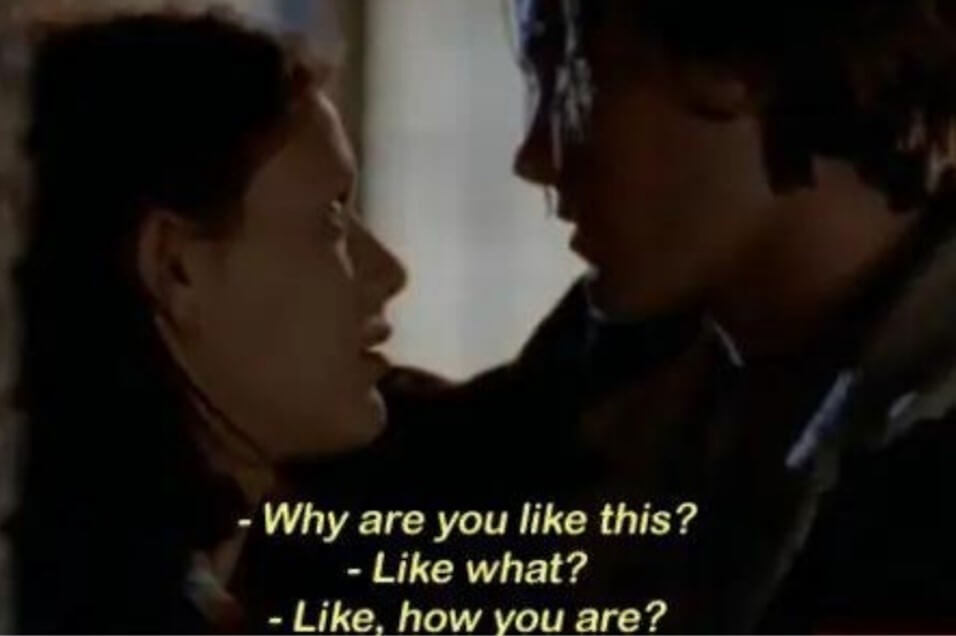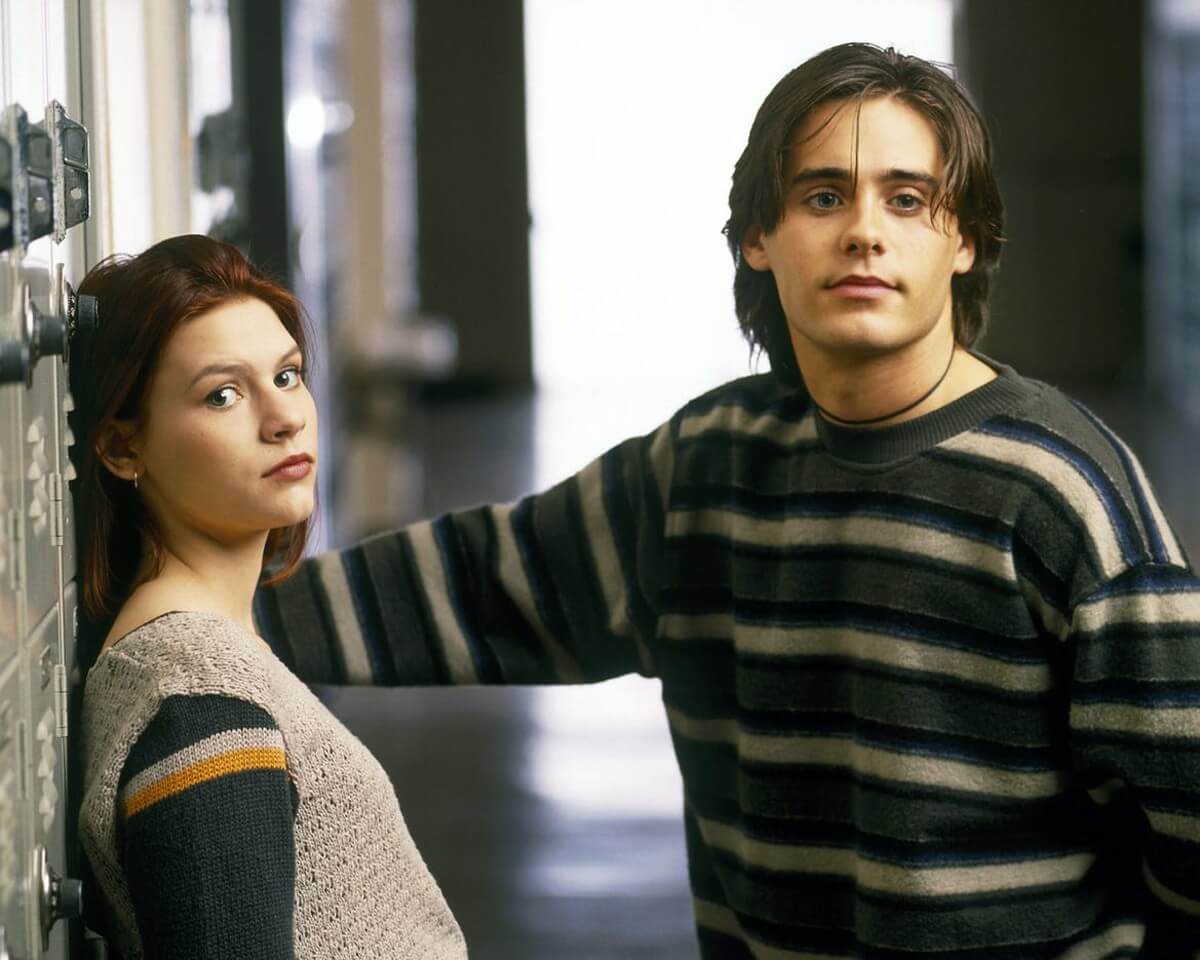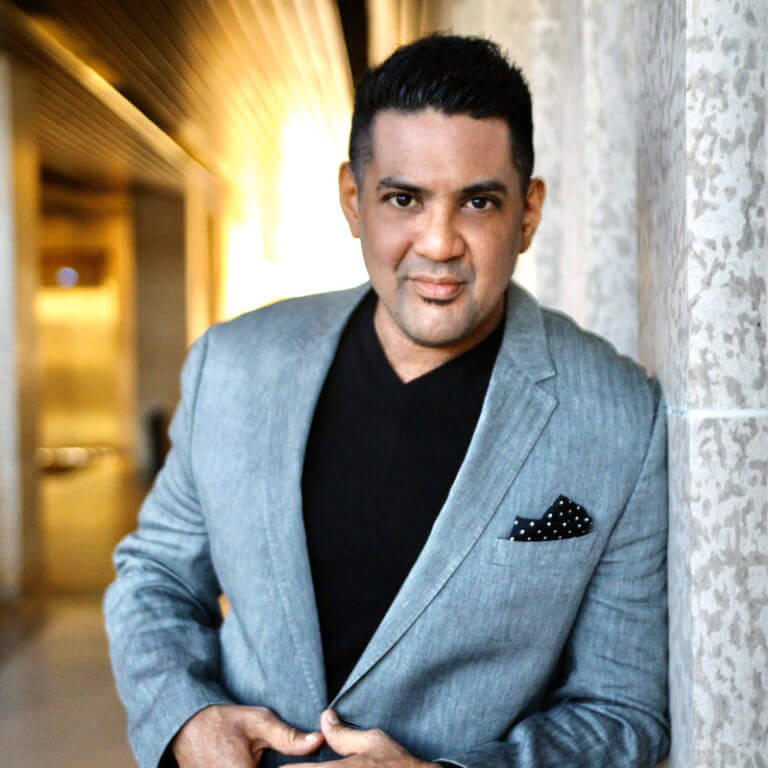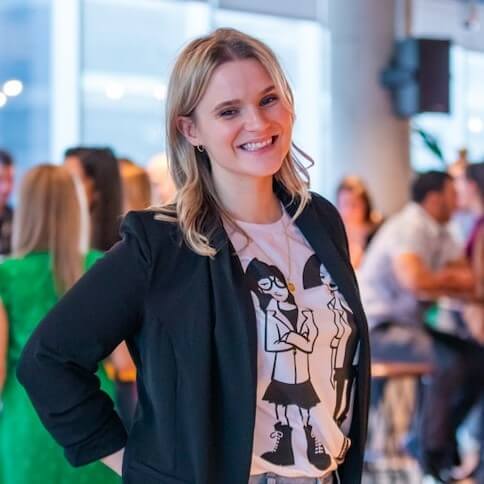I have vivid memories of lying in bed in 2003 as a 13-year-old, listening to Nirvana on my iPod (remember those?) while crying over some boy. I was always feeling my feelings — and feeling them hard.
With two siblings much younger than me, and a perceived lack of attention from my parents, I was often listening to what I considered rage-filled music like Evanescence and Linkin Park and angrily journaling about how lonely and confused I was.
Of course, being a 13-year-old girl, I still tuned into the Family Channel at primetime, watching staples like That’s So Raven and Lizzie McGuire. It was during one of these nighttime Family Channel sessions that I found a show that would change how I felt about myself during my teen years — My So-Called Life.
The first time I watched My So-Called Life
I caught My So-Called Life a decade after it first aired in 1994. The one-season wonder would go on to launch the iconic careers of Claire Danes and Jared Leto. My So-Called Life was also well before its time, featuring an LGBTQ2S character whose androgynous looks and precarious living situation wouldn’t be featured on a mainstream TV show again for almost 15 years.
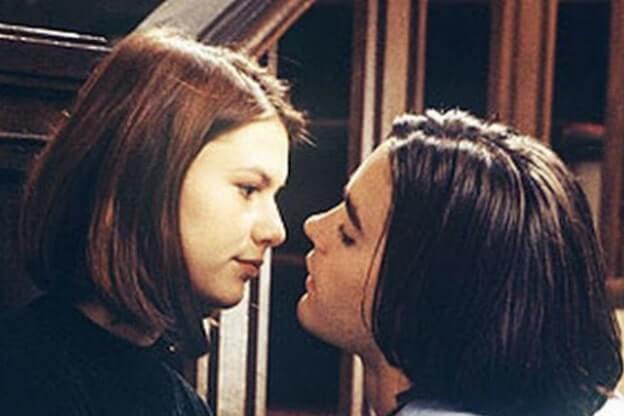
How My So-Called Life tackled outgrowing friendships
My So Called-Life is centred around Angela Chase, an upper-middle-class teenage girl from a two-parent household, whose problems are pretty small compared to those of her friends. Nevertheless, the anger, sadness and confusion she feels is serious. The show centres around Angela exploring her identity as she grows up, distancing herself from her bookish and academically engaged childhood friends, Bryan and Sharon, while being drawn to outgoing misfits Rayanne and Rickie.
Being from a two-parent, stable household myself, I understood the pull towards chaos Angela felt as hormones coursed through her veins. This particular dynamic — outgrowing friendships — is almost never explored in pop culture, but it’s something that happens throughout our lives. I recognized this phenomenon in My So-Called Life, and it made living through it myself much less painful.
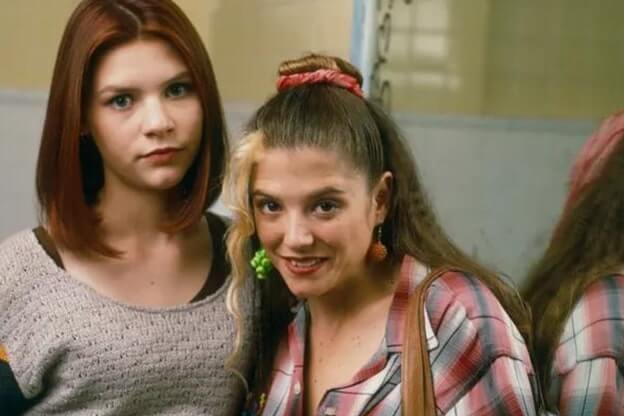
Related Articles
How My So-Called Life portrayed parents as people
Angela’s parents featured heavily in My So-Called Life. Their dynamic was also pretty subversive for primetime television, as Angela’s mother Patty was the family’s breadwinner, and Angela’s father, Graham, felt emasculated and struggled with fidelity. This is a dynamic that is frequently featured on modern TV shows but was practically unheard of 27 years ago. During my teen years was when I first realized that my parents are just normal people — with flaws, relationship friction and weird dynamics. When you first get a glimpse of your parents as real people, it feels like a betrayal. It’s not unusual to meet this revelation with rage and fear. When I saw these emotions reflected in Angela’s attitudes towards her parents, I felt soothed. My heavy teenage feelings were normal and okay.
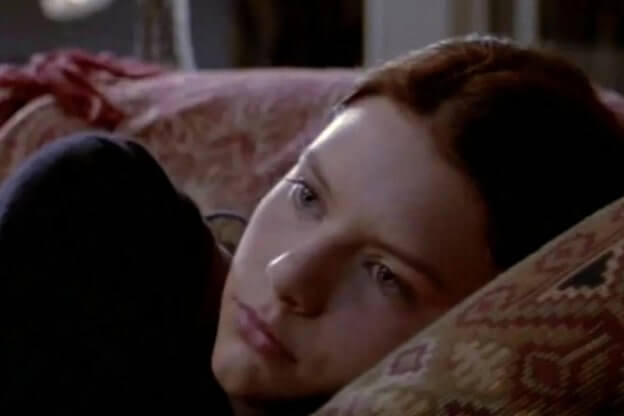
On Jordan Catalano, the bad boy
Okay, now we can talk about what you’re all here for — Jordan Catalano. The Boiler Room. The Sexual Awakening. Any and all hormonal teenagers who liked boys and who saw “The Boiler Room” episode of My So-Called Life will still remember it in vivid detail. The kissing, the sexual tension, and finally — Jordan holding Angela’s hand in public. The show was progressive in many ways, but one thing that really resonated with me was that it discussed sex between teenagers, from a teenage girl’s point of view, without any fearmongering.
In fact, the episodes explored the excitement, pleasure, and value of sex. It was, for lack of a better word, awesome. Jordan Catalano was a classic f***boy, trying to keep Angela as a secret side piece and then, after going public with their relationship, putting intense pressure on her to have sex. Being obsessed with f***boys is a right of passage. It’s an important part of growing up. The writers of the show really understood the little things about teenage boys that get teenage girls hot under the collar.
Early on in the series, Angela describes her attraction to Jordan as partially due to the fact that he is always leaning on things and closing his eyes, “like it hurts to look at things.” My sister, born in 2006, recently put her feelings about a crush to me like this: “He’s so hot. He’s in so much emotional pain.” This sentiment, apparently timeless, is captured perfectly in My So-Called Life.
